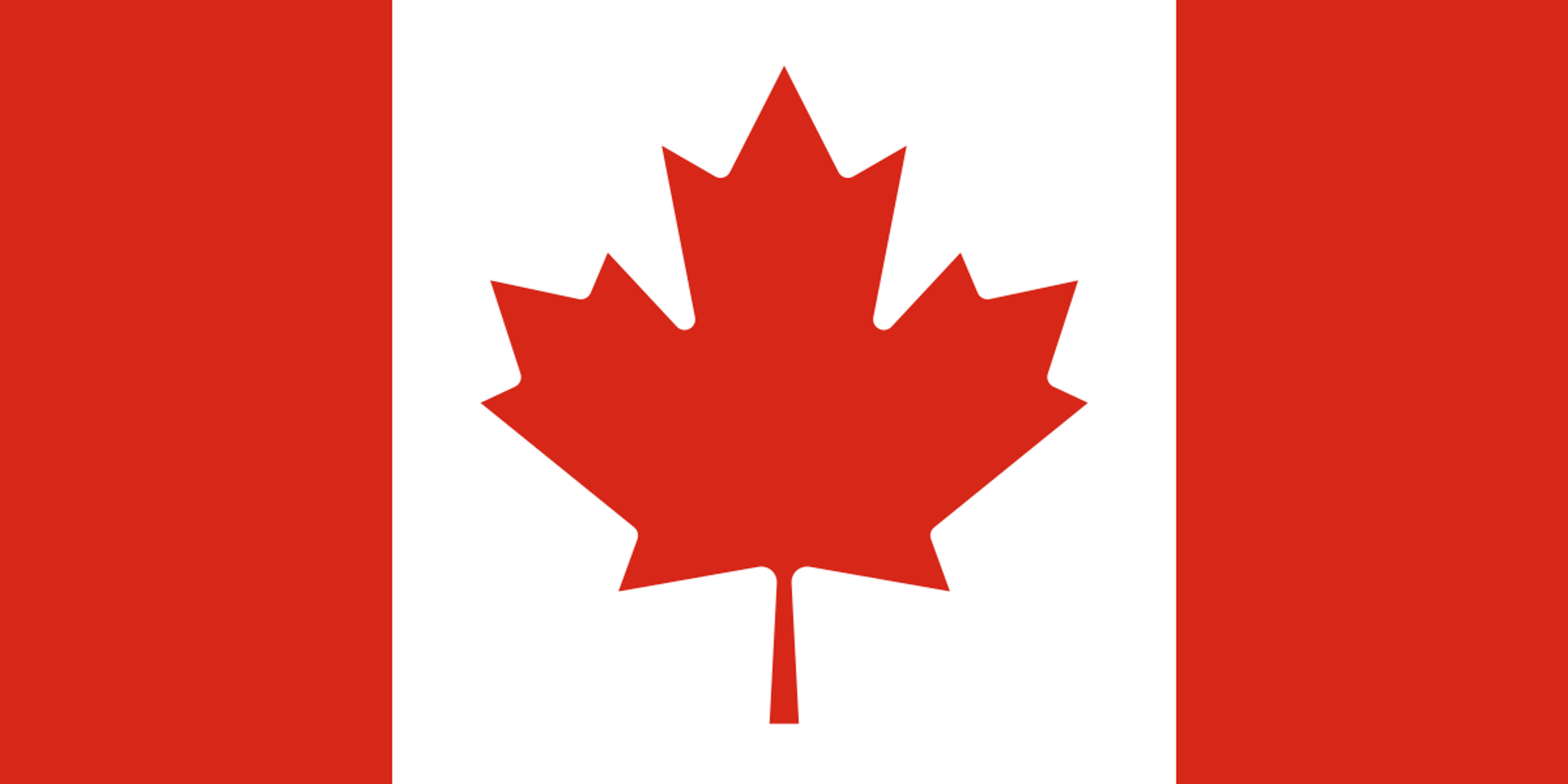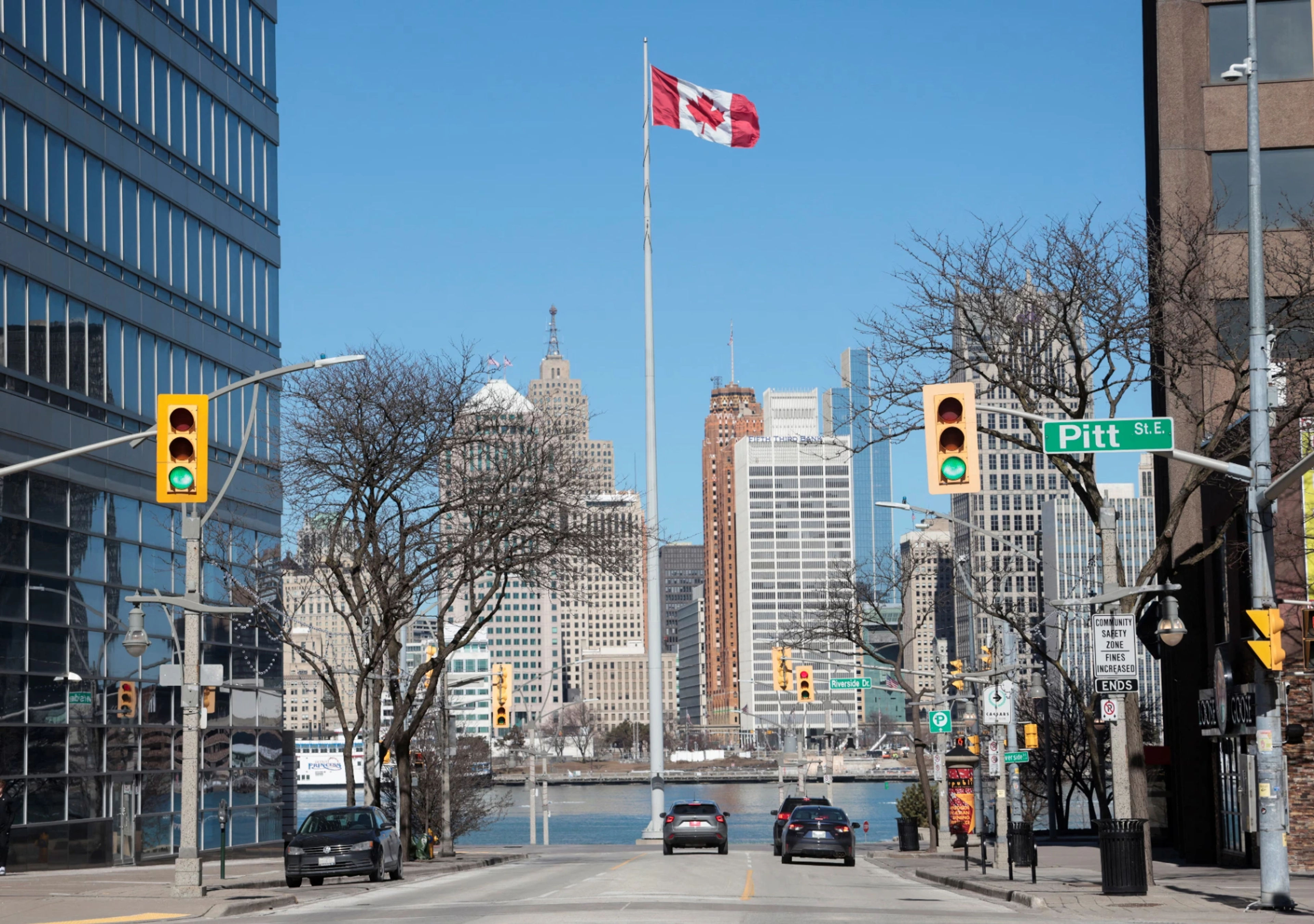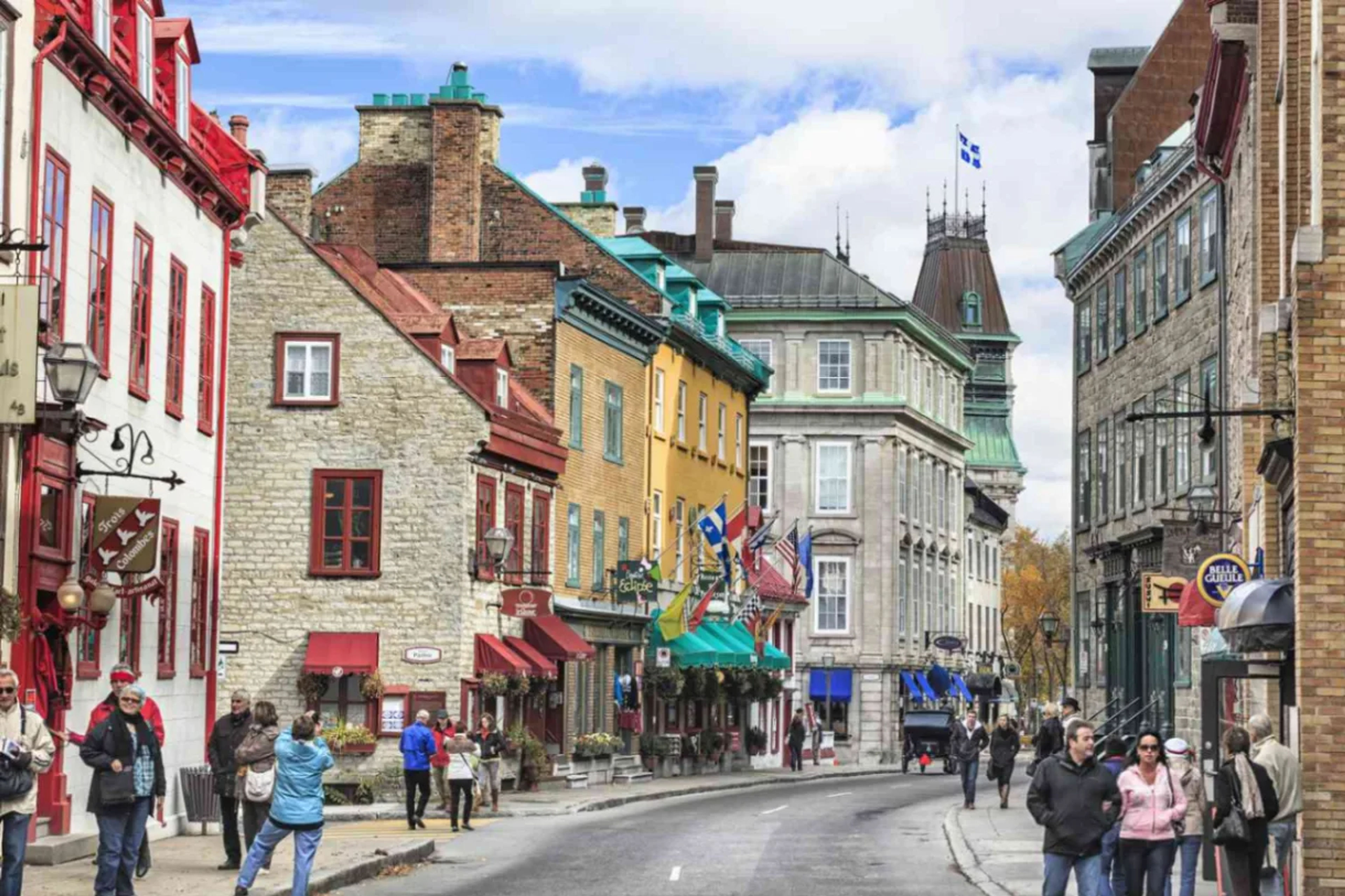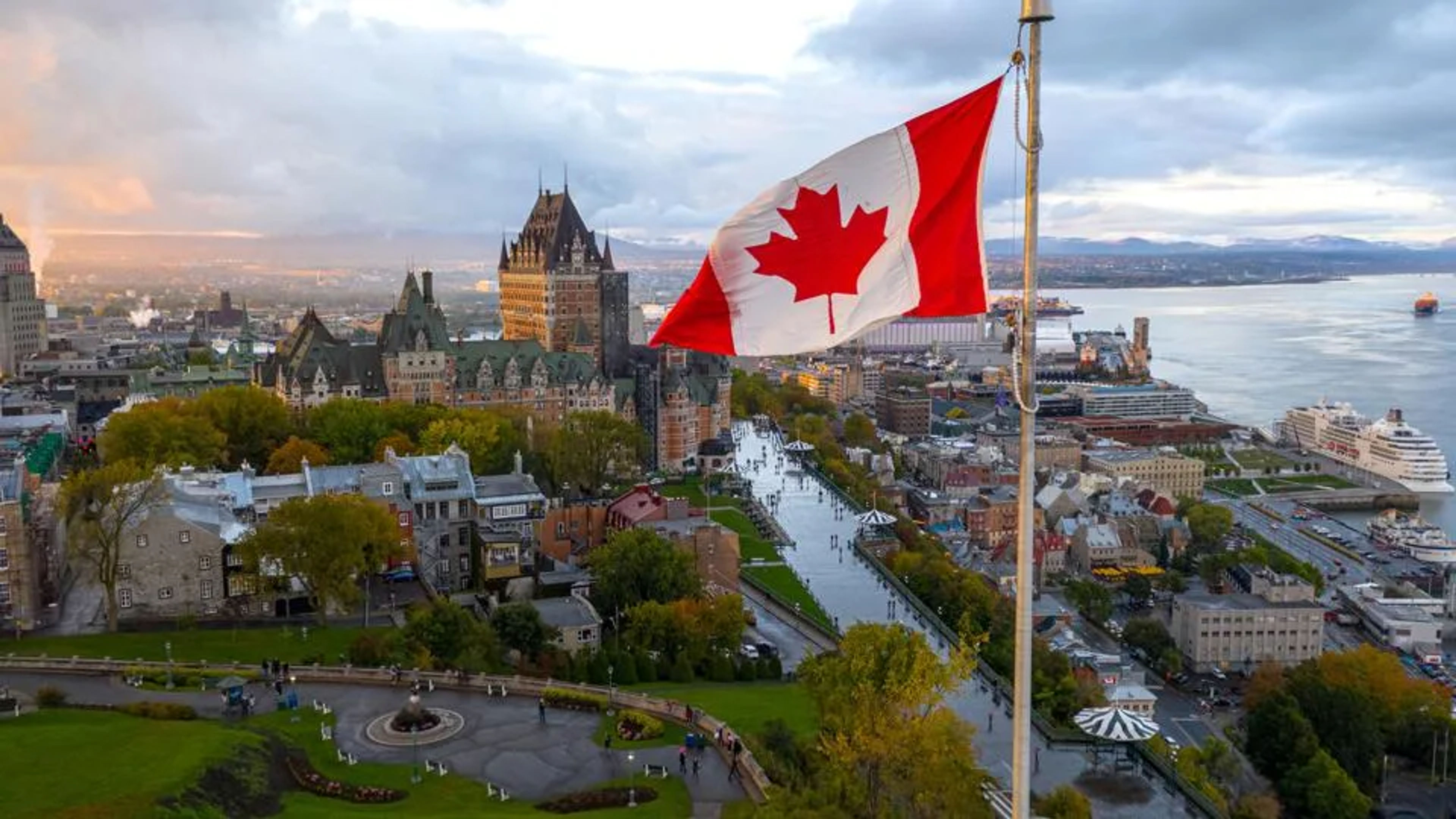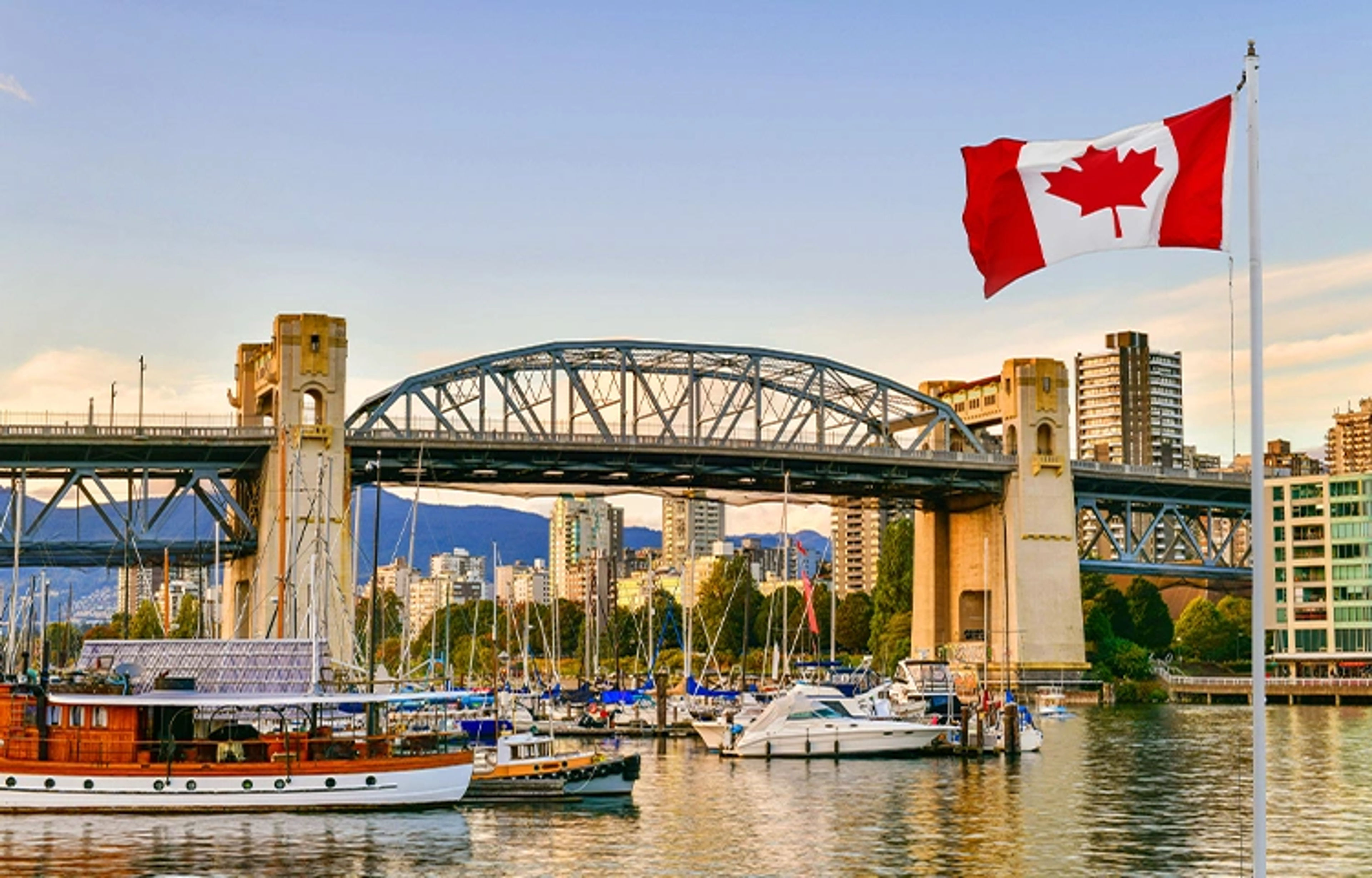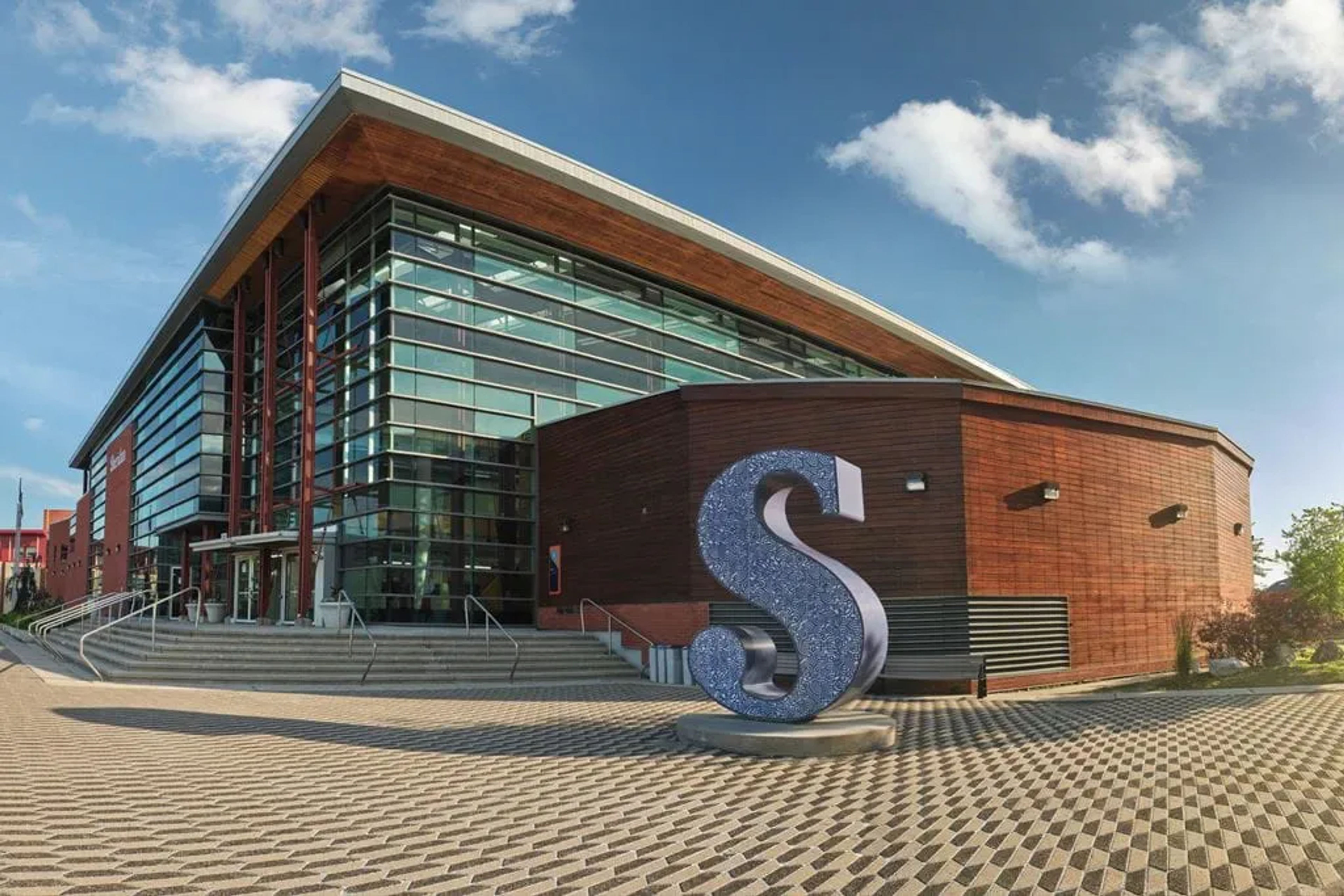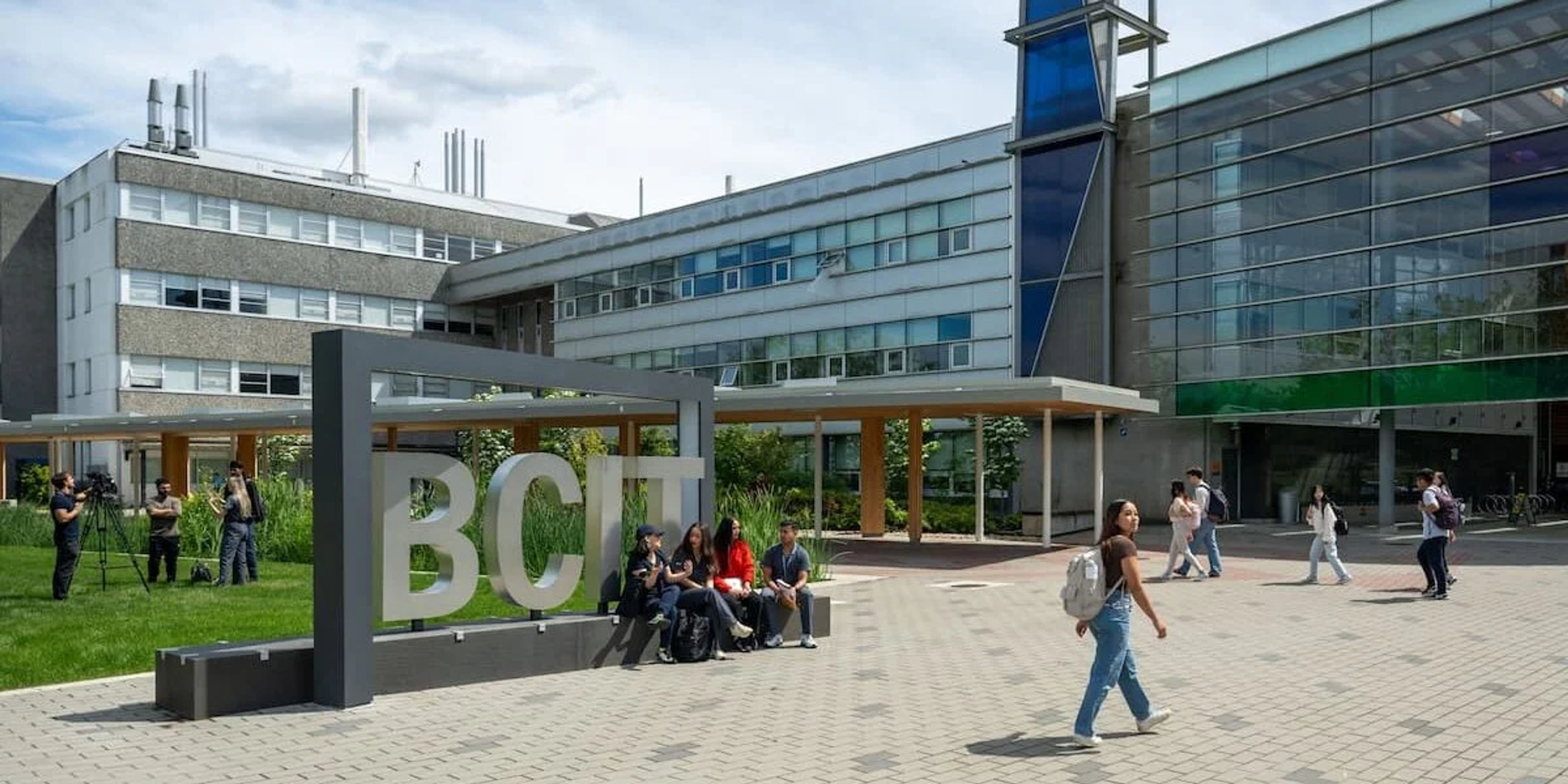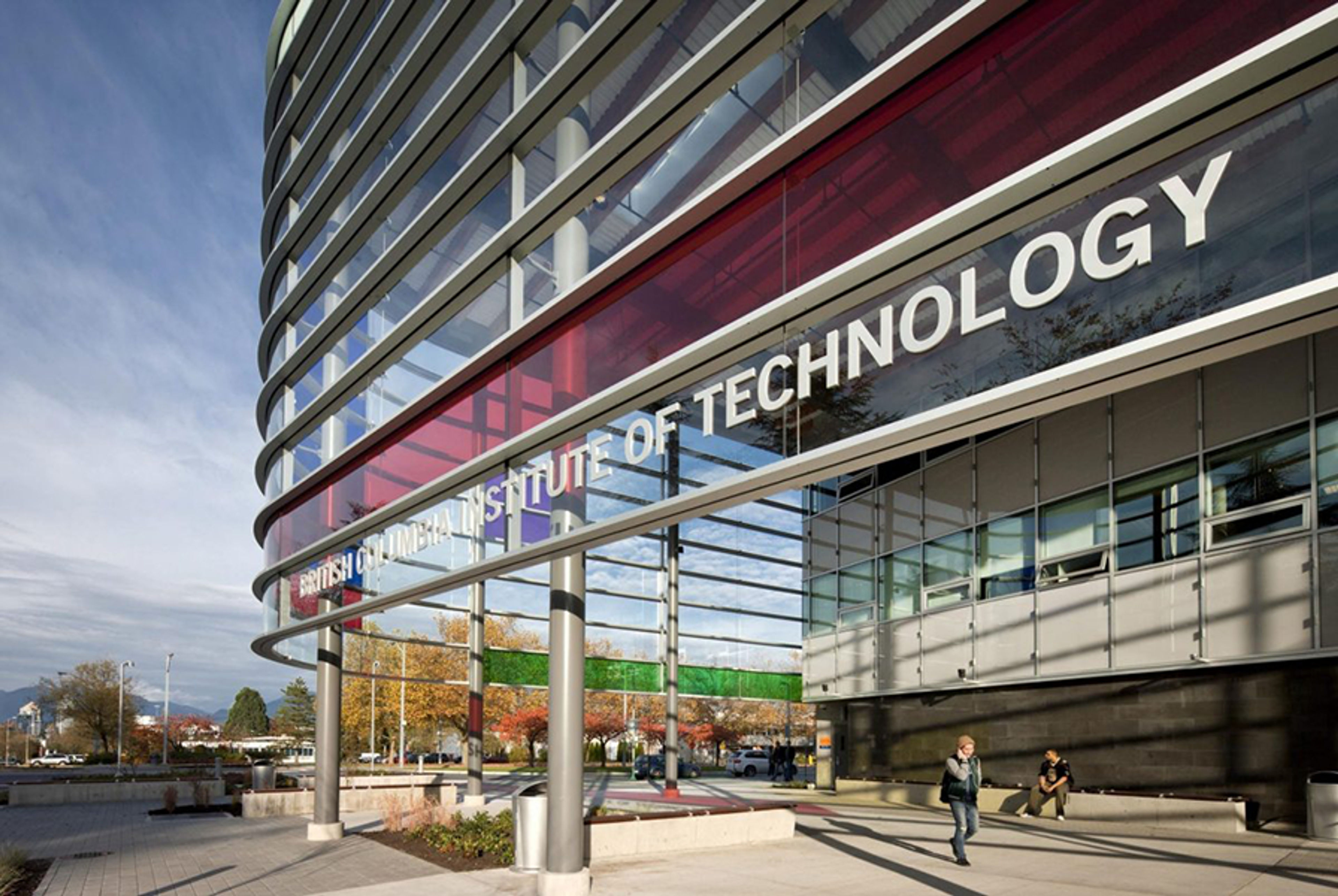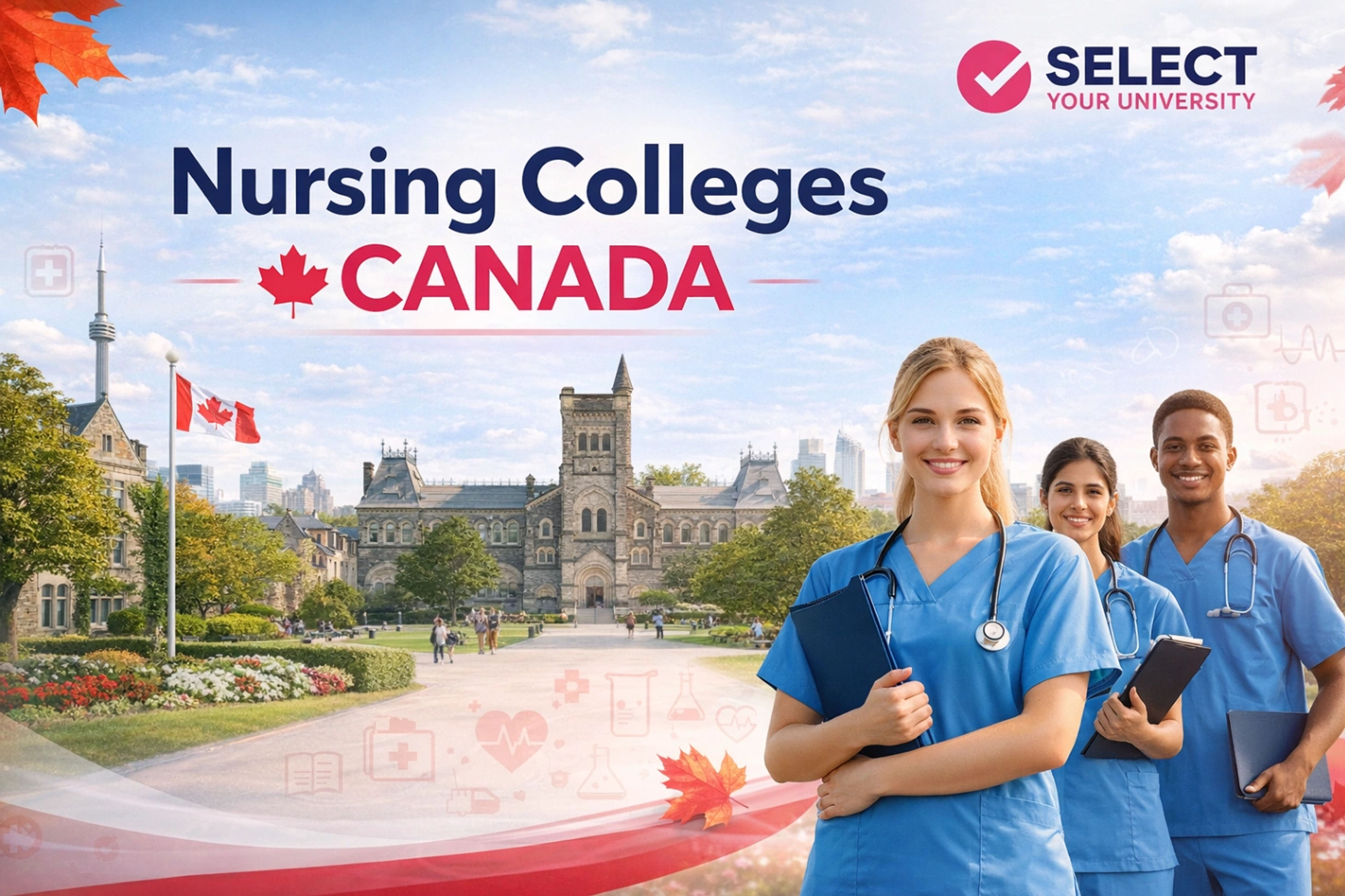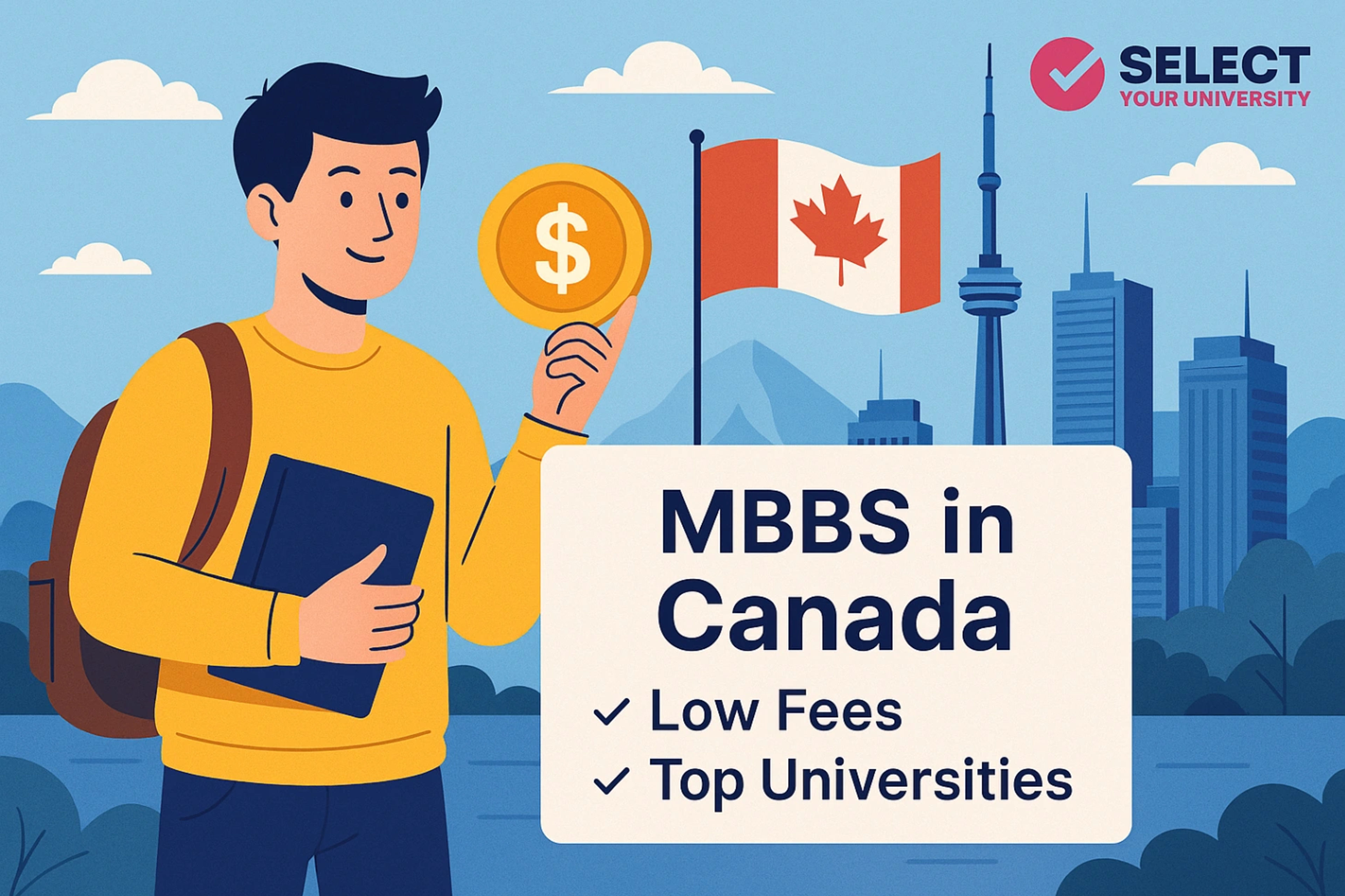Study in Canada: Top Universities, Courses, Scholarships & Placements
Discover Universities, Courses, Eligibility, Scholarships & More
Canada
Study in Canada Overview
Study in Canada offers Bachelor’s, master’s, and Ph.D courses to Indian students looking for good learning and work opportunities. The benefits of studying in Canada include world-class institutions, a high quality of life, great research opportunities, etc. The popular courses in Canada include MBA, BBA, B.Sc, M.Sc, LLB, and B.Tech. Admissions to these courses are based on entrance exams like GRE, GMAT, SAT, etc. The qualifications required include 12th pass, graduation, a graduation degree, or a post-graduation degree, with a total score of 70%.
Top universities in Canada for Indian students include the University of Toronto, McGill University, University of British Columbia, University of Montreal, etc. Popular destinations in the country for higher education include major cities like Toronto, Quebec City, Montreal, and Vancouver.
The tuition fee for Canadian universities ranges from $7,000 to $55,000 per year. Living costs for Indian students in the country can reach up to $2,.470 or more per month. Through scholarships, you can get amounts of up to ₹12 lakhs or more.
Applications to the Canadian higher education institutions begin in October for the fall intake, in May for the winter intake, and in October for the spring or summer intake. Applications to study in Canada can be submitted online through the official websites of the universities.
Study in Canada: Quick Highlights
The key highlights of studying in Canada for Indian students are shown in the illustration below.
Why Study in Canada?
Here are some of the major benefits of pursuing your higher education in Canada:
- World-class education: Canadian universities offer world-class education to Indian students and offer great learning opportunities.
- Top-ranked universities: Many of Canada’s higher education institutions have high global rankings. They can offer you a highly valuable and recognised degree across a wide range of streams or specialisations.
- High quality of life: Canada offers a high quality of life to Indian students, making it a popular destination for higher studies.
- Great research opportunities: Canadian universities have advanced technologies and equipment for research. Indian students looking for research opportunities must consider Canada as the destination for their higher studies.
- Career opportunities in Canada: You can find good work opportunities with high earning potential in Canada after completing your higher studies. A degree from a recognised Canadian university will also enhance your career opportunities in India or anywhere across the world.
What are the Admission Dates and Deadlines to Study in Canada?
Check the table below for the months in which the applications begin and end at Canadian universities for each intake season.
Intake Type | Application Start | Application Deadline |
Fall (September) | October | December – March |
Winter (January) | May | July – September |
Spring/Summer (May) | October | January – February |
What are the Popular Courses to Study in Canada?
The popular courses in Canada for Indian students are given in the table below, along with their durations and degree types.
Course/Degree | Duration | Degree Type |
B.Eng in Canada | 4 years | Bachelor's |
M.Tech | 1-2 years | Master’s |
BBA | 3-4 years | Bachelor's / MBA (Master's) |
2 years | Master’s | |
B.Sc Nursing | 3-4 years (Bachelor's) | Bachelor's |
MSc Nursing | 1.5 - 2 years | Master’s |
B.Arch | 5 years (Bachelor's) | Bachelor's |
B.Com | 3-4 years (Bachelor's) | Bachelor's |
M.Com | 4 years | Master’s |
B.A. | 3-4 years | Bachelor's |
M.A. Psychology | 1–2 years | Master’s |
B.Sc Computer Science | 4 years | Bachelor's |
B.Sc Environmental Science and Sustainability | 4 years | Bachelor's |
LLB | 3 years | Professional Degree |
Also Read:
How to Choose the Best Course to Study in Canada?
The best course for Indian students in Canada will vary in each case and depends on the following aspects:
- Long-term goals: Your career goals and study plans over the long term will determine the best course for you in Canada.
- Top institutions: Consider the top institutions available for the chosen course to understand the options available.
- Financial planning: The budget of the student and the costs of studying a specific course are important factors in determining the course’s suitability in each case.
- Employability: The degree you get from Canada must offer high employability to ensure a good return on investment (ROI).
What are the Eligibility Requirements to Study in Canada?
The table below shows the eligibility requirements for Indian students for admission to higher education in Canada.
Eligibility Criteria | Details |
Qualification |
|
Entrance exams | GMAT, GRE, SAT, etc. |
English proficiency exam |
|
Work experience |
|
Application documents | Portfolio, statement of purpose (SOP), letter of recommendation, etc. (for Master’s courses). |
What is the Admission Process for Indian Students to Study in Canada?
Indian students can apply to higher education courses in Canada with the following steps:
Step 1: Find a course and a university
Go through the courses and universities in Canada and research their fees, ranking, reputation, etc., to find the best course and university for yourself. The specific admission procedure will vary with each university.
Step 2: Financial planning
Once you find a suitable course and university, you must consider the costs involved and create a financial plan accordingly. Make sure to include living costs in the financial planning for your higher studies in Canada.
Step 3: Apply to the university
Visit the official website of the university to know the admission procedure or contact details to reach out to them. You can usually apply online to Canadian universities for studying Bachelor’s, Master’s, Ph.D and other levels of courses.
Step 4: Receive the admission letter
The university will send you an admission letter based on your eligibility for the course you applied for. This admission letter will be crucial for getting a study permit and completing the university’s admission process.
Step 5: Apply for a study permit
To get a study permit, you must apply online through the official website of Immigration, Refugees and Citizenship Canada (IRCC). You must send your passport to IRCC if they decide to grant you a study permit.
Step 6: Travel to Canada
Before your departure to Canada, you must arrange for housing, get the required types of insurance, and arrange all the required documents. Students must consider the deadline for joining the course and the date for the beginning of classes.
What are the Documents Required to Study in Canada?
The following documents must be submitted for admission to Canadian universities for higher education:
- 10th and 12th marksheets.
- Graduation certificate/Diploma/Master’s degree (depending on the course).
- Scorecards of GRE/TOEFL/SAT/GMAT, etc.
- Statement of purpose.
- Resume/CV (for MBA).
- Experience certificate (if applicable).
- Bank statement.
- Affidavit of financial support.
- Additional certificates, including extracurricular activities.
- Recent passport-sized photographs.
What are the Top Exams for Study in Canada?
Check the table below for the top exams for admission to higher education in Canada, along with their eligibility and minimum scores required.
Exam | Eligibility | Minimum Score |
Required for undergraduate and postgraduate programs | Overall 6.0-6.5, no band below 5.5-6.0 depending on course/university | |
Alternative English test accepted by most universities | Overall 86-100 (iBT); no section below 20-22 | |
English proficiency test accepted broadly. | Overall 58-70, depending on institution | |
Students applying for Master's & PhD programs (especially STEM). | Varies by university (generally above 300 total scaled score) | |
Students applying for MBA & management courses. | 580-600+ total score | |
MCAT | Students applying for medical school admissions. | Score range 472-528 |
LSAT | Students applying for law programs. | Score range 120-180 |
SAT | Students applying to some specific undergraduate programs. | Varies; typically 1050-1300+ |
Duolingo English Test | Alternative English proficiency test, accepted by some universities. | Minimum score ~120 |
Which are the Best Destinations to Study in Canada?
The best destinations for higher studies in Canada are given in the table below.
Destination | Number of Universities |
Toronto, Ontario | 28+ |
Montreal, Quebec | 15+ |
Vancouver, British Columbia | 10+ |
Ottawa, Ontario | 8+ |
Calgary, Alberta | 6+ |
Edmonton, Alberta | 5+ |
Waterloo, Ontario | 4+ |
Quebec City, Quebec | 3+ |
Halifax, Nova Scotia | 3+ |
Winnipeg, Manitoba | 3+ |
What is the Process to get a Study Permit for Indian Students to Study in Canada?
Indian students can get a study permit for Canada with the following steps:
Step 1: Gather the important documents
You must gather the following documents to apply for a student permit to study in Canada:
- Photocopy of the information page of your valid passport or travel document.
- Two photos.
- Letter of acceptance.
- Provincial Attestation Letter / Territorial Attestation Letter (PAL/TAL).
- Québec Acceptance Certificate" (CAQ), for students planning to study in Québec.
- Proof of financial support.
- Medical exam reports.
- Photocopy of Marriage license/certificate (if applicable).
- Any additional documents required by the responsible visa office.
Step 2: Fill out the application form online
Depending on your situation, you will have to fill out some additional application forms apart from the essential ones for a study permit for Canada. Here are the forms required to apply for the study permit:
- Application For Study Permit Made Outside of Canada (IMM 1294).
- Family Information (IMM 5707).
- Document Checklist (IMM 5483).
- Statutory Declaration of Common-law Union (IMM 5409), if applicable.
- Custodianship Declaration – Custodian for Minors Studying in Canada (IMM 5646), if applicable.
- Use of a Representative (IMM 5476), if applicable.
- Authority to release personal information to a designated individual (IMM 5475), if applicable.
Step 3: Pay the application fees online
There is an application processing fee and a biometric fee for a student permit in Canada. The study permit application fee is C$150, and the biometric fee ranges from C$85 for a person to C$170 for a family of 2 or more people. In some cases, candidates may not be required to pay the biometric fee.
Step 4: Submit the application
Complete the application forms and review them before submission. Once you have submitted the forms, you must wait for the specified processing period to get the study permit based on IRCC’s decision.
Step 5: Receive the study permit after the processing period
If IRCC decides to grant you a study permit, you will receive it after the processing period. Make sure to give the correct mailing address and contact information, and update IRCC on any changes in these details.
76
Universities
12000 CAD
Cost of Living
2
Work permit duration
1040985
International Students
Canada
Best University to Study in canada for Indian Students
The following table shows the top universities to study in Canada for higher studies, along with their locations and popular courses.
Institution | Location | Popular Courses |
University of Toronto | Toronto, Ontario | Engineering, Computer Science, Business, Medicine |
McGill University | Montreal, Quebec | Medicine, Law, Computer Science, Arts & Humanities |
University of British Columbia | Vancouver, BC | Engineering, Environmental Science, Business |
McMaster University | Hamilton, Ontario | Health Sciences, Engineering, Business |
University of Alberta | Edmonton, Alberta | Engineering, Science, Business |
University of Montreal | Montreal, Quebec | Medicine, Arts, Sciences |
University of Waterloo | Waterloo, Ontario | Computer Science, Engineering, Business |
University of Ottawa | Ottawa, Ontario | Law, Social Sciences, Health Sciences |
University of Calgary | Calgary, Alberta | Engineering, Business, Health Sciences |
Western University | London, Ontario | Business, Law, Health Sciences |
Canada
Cost of Studying in Canada
The table below shows the yearly tuition fees for different higher education courses in Canada.
Course/Program | Yearly Tuition Fee (CAD$) | Yearly Tuition Fee (INR) |
Undergraduate (General) | $15,700 – $53,500 | ₹9,54,000 – ₹32,10,000 |
Engineering & Computer Science | $30,000 – $45,000 | ₹18,00,000 – ₹27,00,000 |
Business & Management | $29,000 – $42,000 | ₹17,40,000 – ₹25,20,000 |
Medicine & Healthcare | $40,000 – $70,000 | ₹24,00,000 – ₹42,00,000 |
MBA | $33,000 – $55,000 | ₹19,80,000 – ₹33,00,000 |
MS/PG (General) | $13,700 – $45,800 | ₹8,22,000 – ₹27,48,000 |
PhD | $7,000 – $15,000 | ₹4,20,000 – ₹9,00,000 |
Canada
Cost of Living in Canada
The monthly expenses and total living costs in Canada for Indian students are shown in the table below.
Monthly Cost Category | Estimated Cost (CAD$) | Estimated Cost (INR) |
Rent (shared/on-campus) | $600 – $1,200 | ₹36,000 – ₹72,000 |
Food & Groceries | $250 – $400 | ₹15,000 – ₹24,000 |
Transportation | $80 – $150 | ₹4,800 – ₹9,000 |
Utilities & Internet | $100 – $200 | ₹6,000 – ₹12,000 |
Health Insurance | $60 – $100 | ₹3,600 – ₹6,000 |
Books & Supplies | $40 – $60 | ₹2,400 – ₹3,600 |
Mobile Phone & Internet | $30 – $60 | ₹1,800 – ₹3,600 |
Miscellaneous Expenses | $100 – $300 | ₹6,000 – ₹18,000 |
Total Estimated Monthly Cost | $1,260 – $2,470 | ₹75,600 – ₹1,48,200 |
Canada
Scholarship to Study in canada
The scholarships, amounts provided, and their eligibility criteria are shown in the table below.
Scholarship | Amount Provided | Eligibility |
Vanier Canada Graduate Scholarships | Up to CAD$50,000/year (₹30 lakhs). | Indian PhD students nominated by a Canadian university. |
Banting Postdoctoral Fellowship | CAD$70,000/year. | Postdoctoral researchers, academic excellence. |
Lester B. Pearson International Scholarship | Full tuition, books, and residence (4 years). | Outstanding undergraduate applicants, final year of school. |
UBC International Major Entrance Scholarship (IMES) | ₹6-12 lakhs/year (approx.). | First-year undergraduates with exceptional academic records. |
Ontario Graduate Scholarship | Up to CAD$15,000/year. | Graduate students in Ontario universities, good academic standing. |
Trudeau Foundation Scholarships | CAD$60,000/year + allowances. | Doctoral candidates in humanities/social sciences. |
University of Waterloo Entrance Scholarship | Up to ₹6 lakhs/year. | High school students with 90%+ admission average. |
McGill University Scholarships | Up to CAD$8,500. | Master's students, all programs. |
Also Check:
Popular Destination to Study Abroad | |
Study in Canada: FAQs
Ques: What is the total cost of studying in Canada for Indian students?
Ans: The cost of studying in Canada for Indian students ranges from ₹15 lakhs to ₹45 lakhs per year, depending on the course and university.
Ques: How do I qualify for scholarships in Canada?
Ans: You can qualify for scholarships to study in Canada mainly based on your merit and academic performance. The specific criteria vary with each scholarship program.
Ques: Can I get a 100% scholarship to study in Canada?
Ans: Yes, you can get 100%scholarships covering your tuition fees and other expenses based on merit, academic excellence, etc.
Ques: Can I get admission in Canada with 50% in 12th?
Ans: You might face difficulties in getting admission to higher studies courses in Canada with a 50% score in 10+2. To be eligible for the available courses, you are usually required to have a 70% score in 12th.
Ques: What is the comparison of IELTS vs TOEFL requirements for Canadian universities?
Ans: Both IELTS and TOEFL are suitable exams for most Canadian universities for demonstrating English proficiency. The IELTS minimum score required is around 6.0 to 6.5, while the TOEFL minimum score is around 80 to 90.
Ques: What is the comparison of the cost of living for students in Toronto vs Montreal?
Ans: Even though there is a small difference in the living costs in the two cities, Montreal has lower monthly expenses than Toronto.
Ques: Is there a way to study in Canada without IELTS?
Ans: Yes, you can gain admission to universities in Canada through alternative English proficiency tests like TOEFL and the Duolingo tests.
Ques: What is the comparison of McGill University vs the University of British Columbia for Engineering?
Ans: In terms of research opportunities, McGill University offers better opportunities to Indian students. On the other hand, McGill University has better internship opportunities.
Ques: What are the average tuition fees for an MBA in Canada?
Ans: The average tuition fee for an MBA in Canada ranges from $33,000 to $55,000.
Ques: Can I get a post-graduate work permit in Canada?
Ans: Yes, you can get a post-graduate work permit in Canada. In order to be eligible for a post-graduate work permit, you must graduate from a designated learning institution and apply within 180 days after you graduate.
